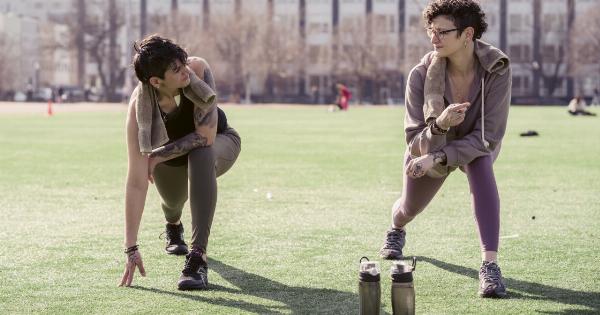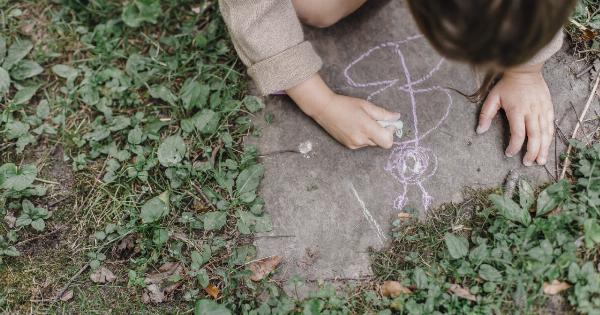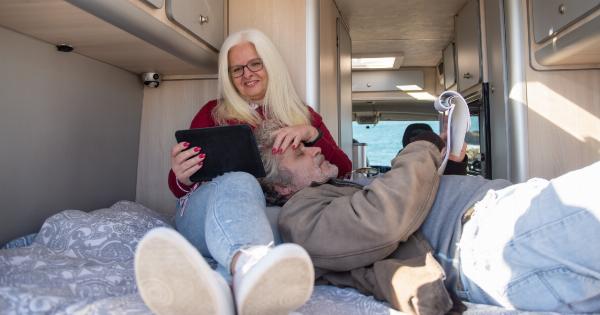Getting enough sleep is crucial for maintaining good health and well-being. However, with hectic schedules, it may be challenging to find time for a proper rest.
Thankfully, there are ways to catch up on sleep even when you’re limited on time or unable to lie down. In this article, we will explore various techniques and tips to help you catch some Z’s while sitting.
1. Find a comfortable sitting position
The key to catching some sleep while sitting is to find a comfortable position that allows your body to relax.
Whether you’re in a chair or a cramped space, take the time to adjust your body until you find a position that allows you to rest without straining any muscles.
2. Support your neck and back
The neck and back are crucial areas to support when sitting for extended periods. Make use of pillows or cushions to provide the necessary support to keep your spine aligned and maintain a relaxed position.
This will help prevent any discomfort or stiffness that may arise from sitting upright for too long.
3. Create a calming environment
Even while sitting, creating a calming environment can significantly improve your ability to relax and fall asleep.
Dimming the lights, playing soft music, or using a white noise machine can simulate a sleep-friendly atmosphere, making it easier for you to catch some Z’s.
4. Practice deep breathing
Deep breathing exercises have long been associated with relaxation and sleep-inducing effects. By taking slow, deep breaths, you can help calm your mind and prepare your body for sleep.
Focus on your breath, inhaling and exhaling slowly, allowing your body to enter a state of relaxation.
5. Use sleep aids
If you’re struggling to fall asleep while sitting, consider using sleep aids to enhance your chances of catching some Z’s.
Natural remedies such as lavender essential oil or chamomile tea can have calming effects on the body and promote sleepiness. However, it’s important to consult with a healthcare professional before using any sleep aids.
6. Avoid caffeine and stimulants
Caffeine and other stimulants can disrupt your sleep patterns and make it harder for you to fall asleep, even while sitting.
Avoid consuming any food or beverages containing caffeine several hours before your desired sleep time to optimize your chances of falling asleep.
7. Maintain a sleep schedule
Developing a consistent sleep schedule is vital for ensuring quality sleep, even while sitting. Try to go to bed and wake up at the same time each day, including when you plan on catching some Z’s while sitting.
Consistency will train your body to recognize when it’s time to sleep, making it easier for you to doze off while sitting.
8. Limit distractions
Distractions such as electronic devices or noise can prevent you from falling asleep while sitting. Keep your surroundings as quiet and peaceful as possible, and consider turning off any electronics that may be stimulating your brain.
This will help create an environment conducive to sleep and increase your chances of catching some Z’s.
9. Take power naps
Power naps can be immensely beneficial for recharging your body and reducing sleepiness during the day. Even just a quick 15 to 20-minute nap can provide a significant energy boost.
Find a comfortable sitting position, set an alarm, and allow yourself a short nap to recharge and enhance your productivity.
10. Be mindful of safety
While it’s possible to catch some Z’s while sitting, it’s essential to prioritize safety. If you’re in a public place, ensure your belongings are secure, and you’re in a safe environment.
Avoid placing yourself in situations where you could be at risk while dozing off.





























